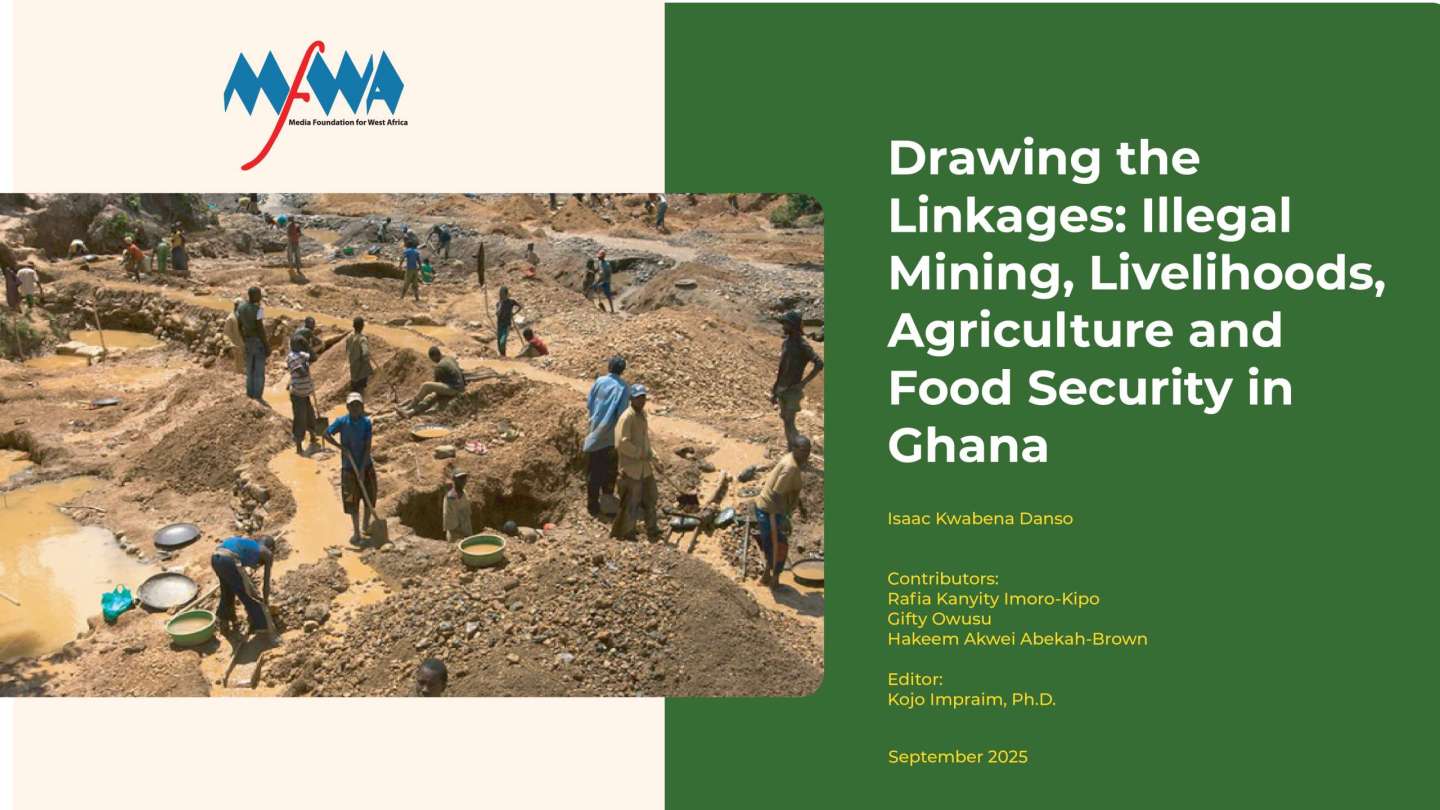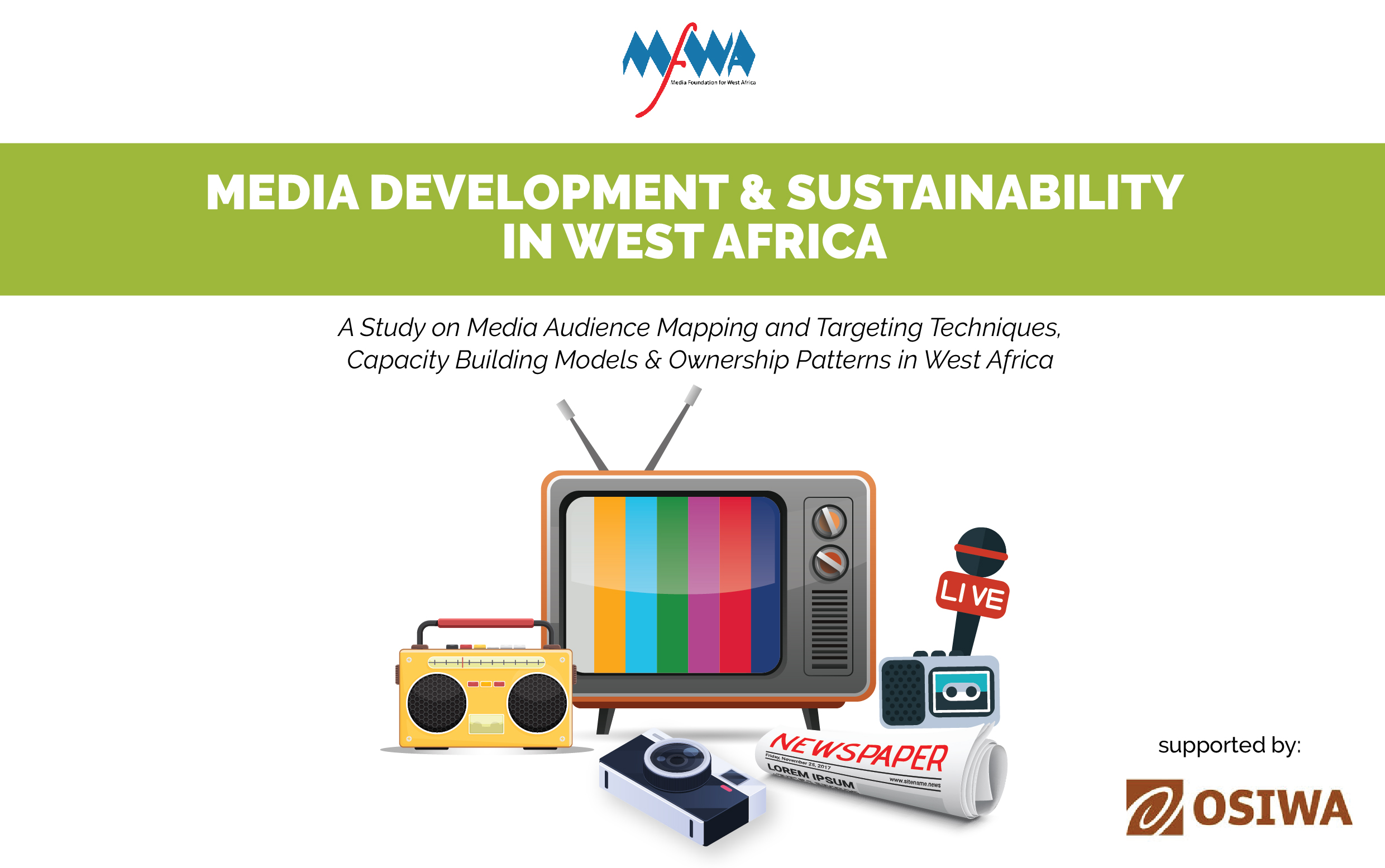Ghana’s democracy has gradually shifted into deep political polarisation, especially between the two dominant parties—the NDC and NPP. This has fuelled a “winner-takes-all” governance culture, entrenched patronage systems, and policy paralysis on critical national issues. One of the most pressing victims of this paralysis is the fight against illegal small-scale mining, commonly known as galamsey.
Despite numerous laws and repeated government interventions, illegal mining continues to devastate the environment, pollute water bodies, degrade farmlands, and threaten livelihoods and food security. The situation is further complicated by the political influence of individuals who finance both mining and major political parties, making decisive action both sensitive and costly.
To respond to this crisis, the Media Foundation for West Africa (MFWA), in partnership with the National Peace Council (NPC), National Commission for Civic Education (NCCE), and other key state, traditional, and religious institutions, is implementing the project: “Breaking the Gridlock: Resolving Polarisation-Induced Policy Paralysis in Ghana.” A major component of this initiative is the High-Level National Dialogue on Mobilising Citizens’ Consensus on Solutions to the Galamsey Crisis, scheduled for 28–29 October 2025.
As part of the dialogue preparations, five expert research papers were commissioned to provide evidence-based analysis and inform discussions. These papers focus on the impacts of illegal mining on the environment, water resources, agriculture, health, forest reserves, and peace and security.
About this report
This report examines the impact of illegal mining on livelihoods, agriculture, and food security in Ghana. While mining contributes to national development through jobs, revenue, and infrastructure, unregulated galamsey operations have caused severe harm—deforestation, polluted rivers, degraded soils, and displacement of rural communities.
The report evaluates Ghana’s legal and policy frameworks, including the Minerals and Mining Act (Act 703), and identifies persistent enforcement failures, institutional weaknesses, and policy incoherence that allow illegal mining to thrive. It highlights how farmlands are destroyed, water sources contaminated, and rural households pushed into economic vulnerability, threatening national food security.
Beyond environmental harm, the study discusses the broader social and economic consequences—rising conflicts, loss of livelihoods, community displacements, and weakened local development efforts. It stresses that lasting solutions require not only stronger enforcement but also community involvement, sustainable mining practices, and policies that promote economic resilience.
Download the report here.






